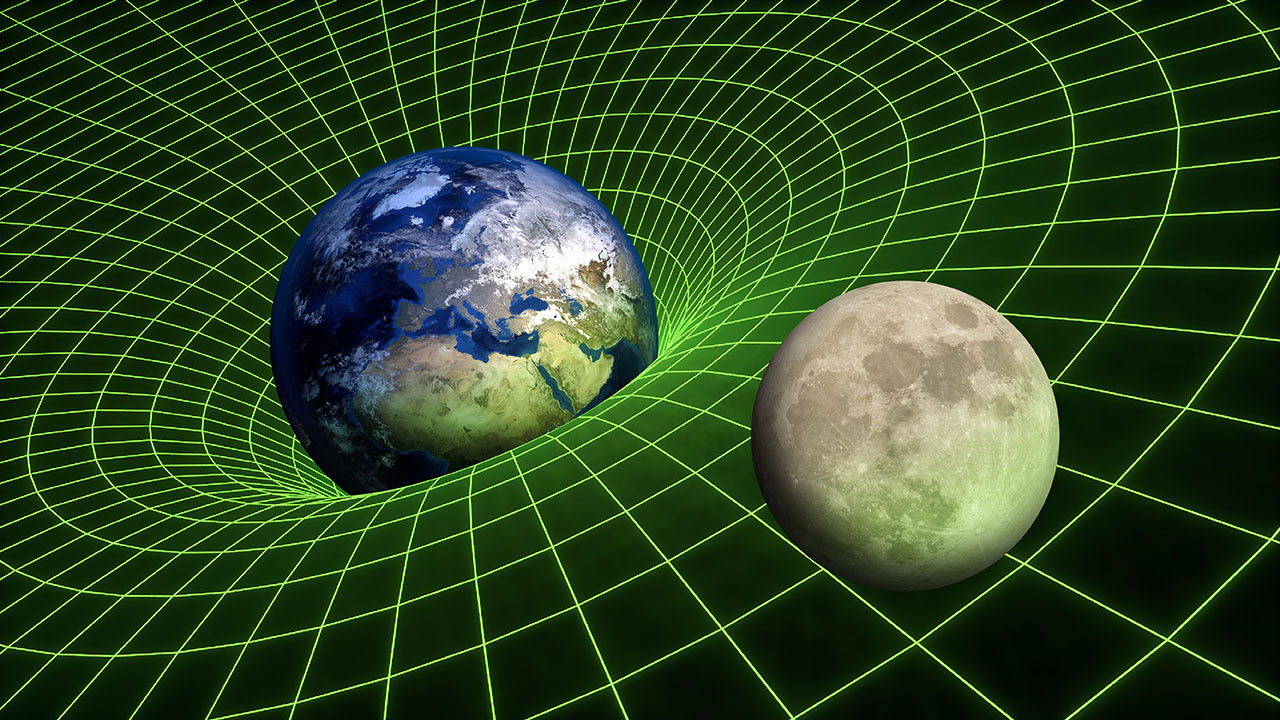

Gravity is a force of attraction between two objects that have mass. The more mass an object has, the stronger its gravitational pull is. The closer two objects are to each other, the stronger their gravitational pull is.
Gravity is a fundamental force of nature. It is one of the four fundamental forces of nature, along with electromagnetism, the strong force, and the weak force.
Gravity is responsible for many of the things we see in the universe. It is what keeps us on the ground and the planets in orbit around the sun. It is also what causes objects to fall when we drop them.
Gravity is one of the four fundamental forces of nature.

Noun: gravity.
Adjective: gravitational.
Verb: to gravitate.
Synonym: gravitation.
The word "gravity" comes from the Latin word "gravitas", which means "weight" or "seriousness". The Latin word is thought to be derived from the Proto-Indo-European root "gwerə", which also means "weight" or "seriousness".
Why is gravity important?
Question:
What is gravity and how does it work?
Answer:
Gravity is a force that attracts objects towards each other. It is the force that keeps us on the ground and that causes objects to fall. Gravity is a universal force, which means that it applies to all objects in the universe, regardless of their mass or composition.
The strength of gravity depends on the mass of the objects involved. The more massive an object is the stronger its gravitational pull. The distance between the objects also affects the strength of gravity. The closer two objects are, the stronger their gravitational pull.
Gravity is caused by the curvature of spacetime. Spacetime is the fabric of the universe, and it is curved by the presence of mass. The more mass an object has, the more it curves spacetime. This curvature of spacetime is what causes objects to fall towards each other.
Here are some additional points that could be included in the answer:
Address
Developing Experts Limited
Exchange Street Buildings
35-37 Exchange Street
Norwich
NR2 1DP
UK
Phone
01603 273515
Email
hello@developingexperts.com
Copyright 2025 Developing Experts, All rights reserved.